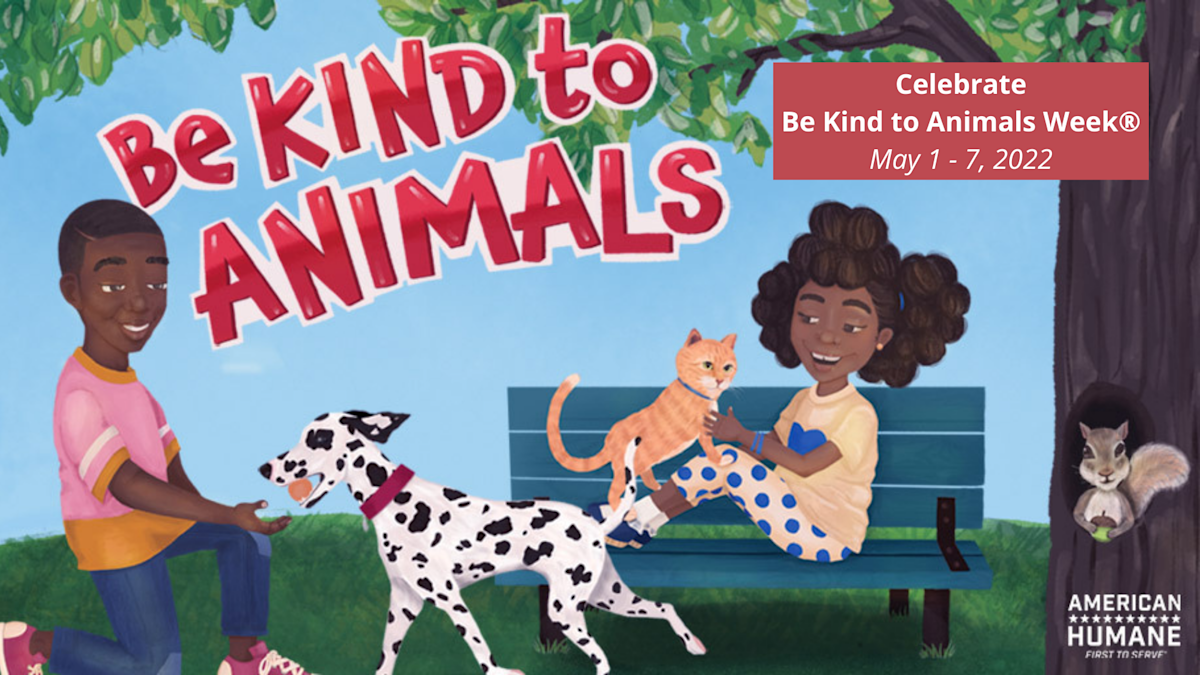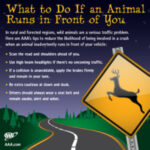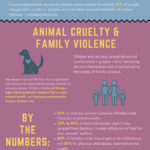In a world laden with tumult, where the cacophony of human activity often drowns out the delicate whispers of nature, the call for kindness towards animals stands as a poignant reminder of our shared responsibility. The observation that individuals exhibit profound fascination with animals is not merely incidental. It taps into a deeper, almost intrinsic connection that many people feel towards the sentient beings with whom we share this planet. This connection engenders a universal desire for compassion, urging us to cultivate kindness towards those who cannot advocate for themselves.
This imperative to extend kindness towards animals is rooted in empathy. The shared emotional experiences that resonate with our own can be as easily identified in a dog’s joyful bark, a cat’s contented purr, or even the fleeting gaze of a wild creature in its natural habitat. Such moments illuminate the stark reality of animal cruelty, where countless beings suffer due to neglect, ignorance, or outright malice. The desire to alleviate this suffering becomes not only a personal moral obligation but also a catalyst for broader societal change. Kinship with animals fosters a sense of community—one that bridges gaps across species and cultures, promoting a universal ethos of kindness.
Kindness towards animals can be manifested through a multitude of actions, both large and small. At the grassroots level, the adoption of pets from shelters emerges as an irrefutable act of kindness. By choosing to adopt rather than purchase animals, individuals not only save lives but also send a resounding message that every living creature deserves a chance at love and care. The overflowing shelters represent a distressing narrative of abandonment and neglect, and choosing to adopt reverberates through communities, inspiring others to consider the repercussions of their choices.
Moreover, education plays a fundamental role in fostering an ethos of compassion. Those who engage in teaching children about kindness towards animals provide a critical service. Initiatives that incorporate interactive learning experiences, such as engaging with local wildlife or volunteering at animal shelters, cultivate an environment where empathy flourishes. When children witness the needs and capabilities of animals firsthand, they gain invaluable insights that often shape their attitudes towards living beings for the rest of their lives. This educational endeavor to promote kindness encapsulates an acknowledgment of the profound bond that exists between humans and animals—one that is often overlooked amid the hustle and bustle of modern life.
Additionally, engaging in responsible consumption reflects a commitment to animal welfare. The choices consumers make can have ripple effects that extend far beyond their immediate impact. Opting for cruelty-free products, supporting sustainable agriculture, and patronizing businesses that prioritize animal welfare are all acts that contribute to a larger movement advocating for the humane treatment of animals. Such mindful consumption nudges industries towards more ethical practices, ultimately leading to a gradual but significant transformation in how animals are treated across various sectors.
However, kindness does not merely reside within individual actions; it must permeate the cultural zeitgeist. Societies flourish when kindness towards animals is ingrained in their collective consciousness. This involves advocating for stronger legislative protections for animals, challenging practices that inflict harm, and supporting organizations dedicated to animal welfare. Legislation such as anti-cruelty laws serves as a foundation upon which societies can build a compassionate framework for animal rights. By engaging in the political process and lobbying for stronger protections, individuals take an active stance in creating an environment where animals are treated with the reverence and respect they deserve.
Furthermore, the proliferation of technology offers innovative avenues for promoting animal kindness. Social media platforms can amplify messages advocating for animal welfare, connecting thousands of people to campaigns that highlight the atrocities faced by animals globally. Digital storytelling can harness the power of visual media, compelling narratives, and personal testimonies to inspire action and foster empathy. By sharing stories of rescue, recovery, and the transformative power of love, these platforms can engender a collective emotional response, encouraging individuals to act in tangible ways.
Yet, even amidst the advancements in technology and advocacy, it is imperative to acknowledge the setbacks faced in the quest for kindness towards animals. Resistance to change can stem from deeply entrenched cultural practices or economic interests that prioritize profit over animal welfare. This presents a formidable challenge, necessitating persistent dialogue that engages skeptics and advocates alike. It is essential to frame discussions around animal rights in a way that aligns with diverse values and fosters a sense of shared humanity, creating pathways to unification rather than division.
In conclusion, the journey towards making the world kinder to animals encompasses an amalgam of individual actions, educational efforts, conscientious consumption, and collective advocacy. Every act of kindness, no matter how small, contributes to a broader narrative that challenges the status quo of animal cruelty. By fostering empathy, promoting education, adopting responsibly, and advocating for legislative change, individuals can genuinely influence and reshape societal perceptions of our animal companions. The road ahead may be fraught with challenges, but with determination and compassion, a kinder world for animals is not merely a distant dream; it is an attainable reality waiting to be manifested, one act at a time.










